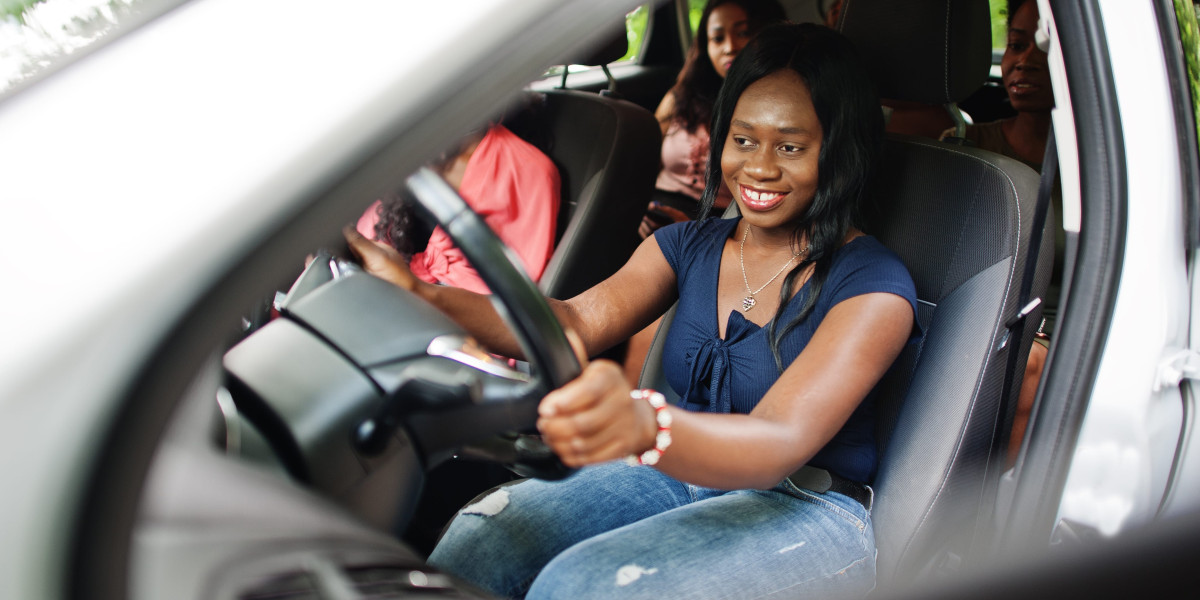Driving License Without a Test: Navigating the Unconventional Path
On the planet of driving, acquiring a license usually involves a strenuous process of theoretical and useful assessments. However, there are unique scenarios and jurisdictions where people may acquire a driving license without a standard test. This post looks into the different circumstances and legal frameworks that enable such an exception, supplying a thorough overview of the conditions, procedures, and ramifications.
Intro
Driving is a basic ability that provides flexibility and mobility. Across most countries, obtaining a driver's license is a well-defined process that includes both a theoretical and a dry run. These tests are developed to make sure that drivers have a solid understanding of traffic laws and are capable of running a vehicle safely. Nevertheless, there are instances where people can bypass these tests and still legally get a driver's license. This article checks out these exceptions, using insights into the legal and practical aspects.
Legal Frameworks and Exceptions
Conversion of Foreign Licenses
- General Rule: In numerous countries, people who hold a legitimate driving license from another nation can convert it to a regional license without taking additional tests. This process is frequently streamlined to accommodate worldwide drivers.
- Conditions: The foreign license should be legitimate and provided by a recognized authority. Some jurisdictions might need a translation or an endorsement from a recognized organization.
- Examples:
- United States: Several states allow foreign drivers to convert their licenses through a simple application process.
- Canada: Provinces like Ontario and British Columbia have similar arrangements for foreign license holders.
- European Union: Member states frequently have mutual arrangements to facilitate the conversion process.
Unique Circumstances
- Medical Reasons: In some cases, people with medical conditions that impact their ability to take a test might be exempted from the practical exam. However, they need to undergo a medical evaluation to ensure they can drive safely.
- Age and Experience: Some jurisdictions offer exemptions to older people who have a long history of safe driving. These exemptions are frequently based on stringent requirements, such as a clean driving record and a recommendation from a licensed driving trainer.
- Military Personnel: Military workers who have actually gone through comprehensive training and have a legitimate military driver's license might be qualified for a civilian license without extra testing. This is especially typical in the United States and the United Kingdom.
Heritage and Legacy
- Household Inheritance: In a few rare and specific jurisdictions, a driving license can be acquired from a close family member. This is more of a historic practice and is not widely acknowledged.
- Legacy Licenses: Some areas have legacy licenses that are issued to individuals who can show they have been driving for a considerable duration, typically years, without a formal license. These licenses are usually given on a case-by-case basis and might need documents of constant and safe driving.
Treatment and Requirements
Application Process
- Paperwork: Applicants should offer a valid foreign license, proof of residence, and sometimes a medical certificate.
- Application Form: Fill out the essential application, which can typically be discovered on the relevant government site.
- Charges: Pay the required fees for the conversion process. These costs differ by jurisdiction but are typically lower than the cost of a new license.
Medical Evaluation

- Licensed Physician: Individuals with medical conditions need to go through an evaluation by a licensed doctor or a designated medical expert.
- Report: The doctor will provide a report confirming the person's capability to drive securely. This report is then submitted to the relevant authorities.
Proof of Experience
- Driving Record: Provide a driving record from the native land or another recognized authority.
- Recommendations: Submit suggestions from accredited driving trainers or other recognized entities.
Unique Documentation
- Military ID: For military personnel, supply a valid military ID and proof of completion of military driving training.
- Historical Documentation: For legacy licenses, offer historical documentation that shows consistent and safe driving over a considerable period.
Ramifications and Considerations
Security Concerns
- Threat Assessment: While these exceptions can be convenient, they also raise safety issues. Authorities should guarantee that individuals who bypass the standard testing process are still efficient in driving securely.
- Ongoing Monitoring: Some jurisdictions may require regular examinations or refresher courses for individuals who get a license through these exceptions.
Fairness and Equity
- Equal Opportunity: Allowing particular people to bypass the screening procedure can cause questions of fairness and equity. It is important that these exceptions are clearly defined and used consistently.
- Public Perception: The public might see these exceptions as a way to circumvent the system, which can affect rely on the licensing procedure.
Legal and Regulatory Framework
- Strict Criteria: Jurisdictions that use these exceptions normally have rigorous requirements to avoid abuse. These criteria might include age limitations, medical examinations, and driving history.
- Routine Updates: Laws and regulations surrounding these exceptions go through alter. People need to regularly examine for updates to guarantee they meet the existing requirements.
Frequently asked questions
Q: Can I convert my foreign driving license to a local one without taking a test?
- A: Yes, lots of nations permit foreign license holders to convert their licenses through a streamlined procedure. However, the particular requirements differ by jurisdiction. Check the local department of motor automobiles (DMV) or equivalent authority for detailed info.
Q: Do I need to supply translation for my foreign license?
- A: In some cases, yes. If the license is not in the main language of the jurisdiction, a qualified translation may be needed. This can usually be obtained from a professional translation service.
Q: Can military workers get a civilian driver's license without taking a test?
- A: Military workers who have finished comprehensive training and hold a legitimate military license may be eligible for a civilian license without additional testing. They must provide evidence of their military service and training.
Q: What if I have a medical condition that affects my ability to take a test?
- A: Individuals with medical conditions may be exempted from the practical test if they can provide a medical report verifying their capability to drive safely. Speak with a certified doctor and Registrierten FüHrerschein Kaufen the regional DMV for assistance.
Q: Are tradition driving licenses still released in modern-day times?
- A: Legacy driving licenses are an unusual and historic practice. While some regions may still use them, they are generally granted on a case-by-case basis and need considerable evidence of constant and safe driving.
Q: Can I inherit a driving license from a member of the family?
- A: Inheritance of driving licenses is not a common practice and is only recognized in a few particular jurisdictions. Consult the local DMV to find out more.
While the conventional process of obtaining a driving license includes rigorous theoretical and dry runs, there are special scenarios where individuals can legally obtain a license without these tests. These exceptions, such as the conversion of foreign licenses, unique medical considerations, and military service, are designed to accommodate specific needs and guarantee that the driving population stays safe and well-regulated. For those who meet the criteria, these options can offer a streamlined and efficient path to obtaining a driver's license. However, it is important to comprehend the specific requirements and ramifications to ensure a smooth and certified procedure.
Bottom Line to Remember
- Conversion of Foreign Licenses: Often needs a valid foreign license, proof of home, and sometimes a medical examination.
- Special Circumstances: Medical factors, age and experience, and military service can cause exceptions.
- Heritage and Legacy: Rare practices that may still exist in some jurisdictions.
- Implications: Safety, fairness, and legal consistency are vital factors to consider.
- FAQs: Address typical questions and offer clear assistance.
By understanding these exceptions and the procedures included, people can navigate the unconventional course to obtaining a driving license without the traditional tests.




